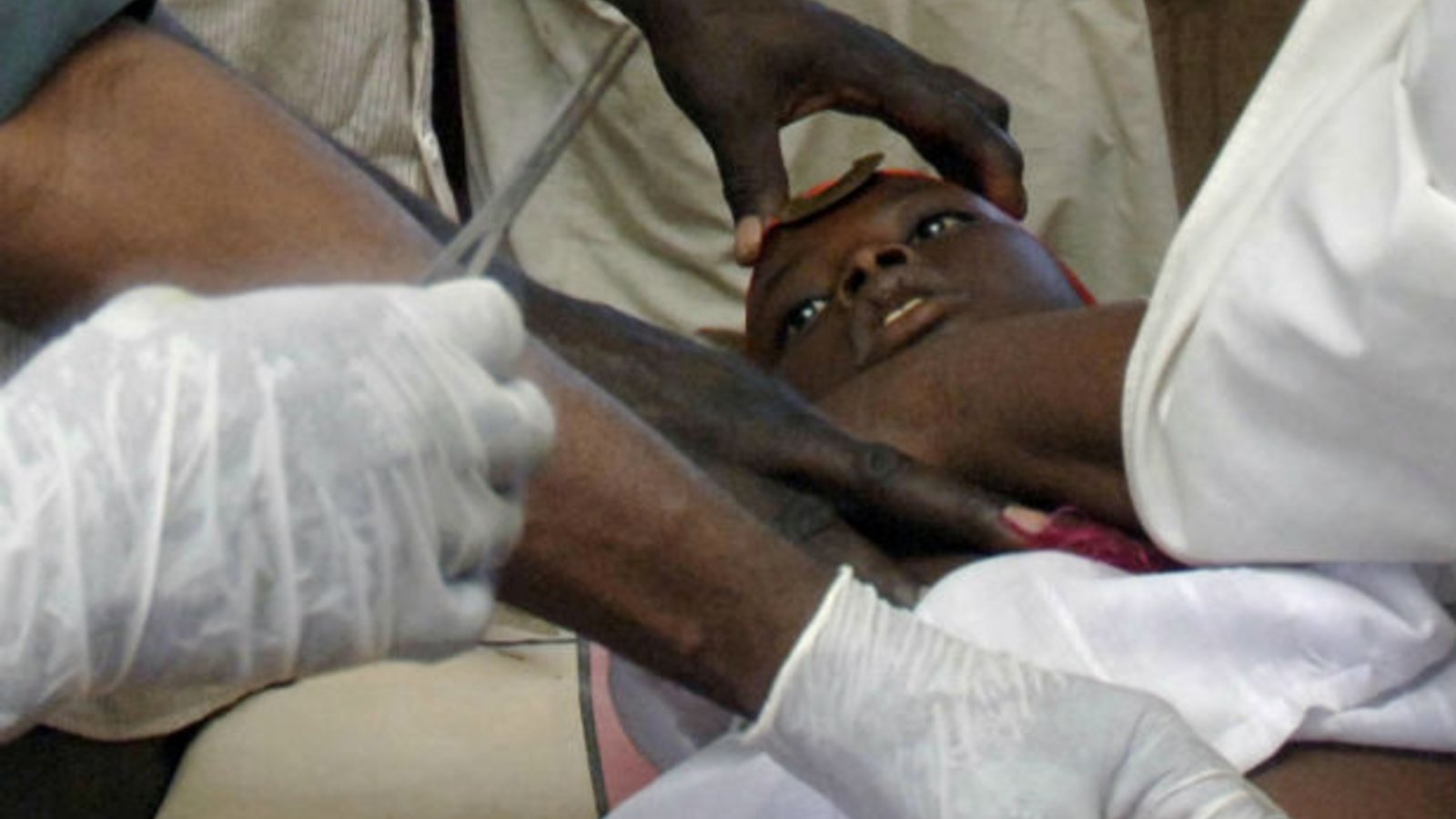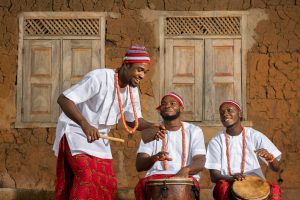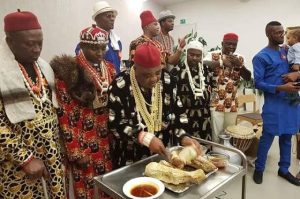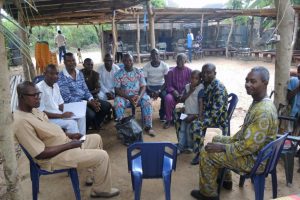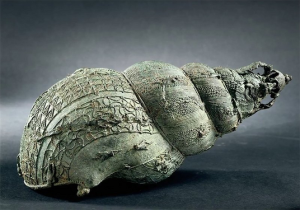Key Takeaway:
Considered either “Igbu Ichi” or “Ibi Ugwu” in Igbo culture, male circumcision is a major rite of passage that marks the shift from boyhood to adulthood. Deeply ingrained in the cultural, spiritual, and social fiber of the Igbo people, this practice embodies not just a physical change but also the learning of identity, honor, and communal acceptance.
Male circumcision is among the most significant traditional ceremonies in Igbo society that mark a boy’s passage into manhood. Usually between the ages of 8 and 10, this traditional ritual carried on young boys is a vital indication of identity, bravery, and social standing. Reflecting their reverence for history, family, and community, the practice of circumcision is closely entwined with the Igbo people’s beliefs, values, and rituals. This paper investigates the cultural relevance, customs, and social consequences of male circumcision in Igbo culture, therefore stressing its ongoing influence in forming the continuity and identity of the Igbo people.
Historical and Cultural Significance of Male Circumcision
In Igbo society, male circumcision is a profoundly symbolic action with cultural and spiritual meaning rather than just a physical surgery. It is considered historically a need for a man to be accepted as a complete member of the Igbo society. An uncircumcised man was thought to be unable to participate in several common events, inherit property, or get married within society.
In this sense, circumcision represents cleansing, the shedding of impurities, and the boy’s preparation to take on manhood’s obligations. It is also seen as a means of shielding the lad from bad spirits and guaranteeing his well-being and future prosperity. Often accompanied by prayers and sacrifices to the ancestors in search of their blessings and protection for the boy’s path into manhood, the ceremony involves
Many Igbo groups also respect family legacy and preserve cultural continuity by means of circumcision. Passed down over decades, it is a custom acting as a connection between the past, present, and future. Igbo households confirm their dedication to their cultural identity and their position in the society by having their boys circumcised.
The Circumcision Ceremony
Usually carried out by a traditional healer or a chosen elder with skill in the operation, the circumcision ritual is called “Igbu Ichi,” or “Ibi Ugwu.” Usually occurring early in the morning, the event marks the beginning of a new period in the boy’s life.
The lad is ready before the event by means of a set of ceremonies and lessons stressing courage, perseverance, and reverence of history. He could be apart from other members of the society, spending time with seniors who have knowledge on the obligations and expectations of masculinity.
Family members and close relatives go together on the day of the circumcision to see it happen. Usually sitting on a stool, the youngster has the circumciser done with a sharp instrument while accompanied by drumming and singing. The kid is supposed to prove his ready for manhood by enduring the suffering without displaying anxiety or discomfort; the procedure is fast.
Bathed and wearing fresh clothing after the circumcision, the lad represents his change from infancy to manhood. Then he is shown to the community, where his valor is praised. He receives gifts and blessings; typically, a feast is arranged in his honor.

Social Implications and Expectations
Male circumcision has major societal consequences in Igbo society. With all the privileges and obligations that accompany it, this rite of passage symbolizes the boy’s arrival into the community as a man. Respect for elders, involvement in community events, and protection and support for their families—among other Igbo values—are required of circumcision men.
Furthermore, the event helps to establish social ties within the society. This gathering of neighbors, relatives, and family members reinforces solidarity and shared identity by means of events. The communal character of the event reflects the Igbo concept in “Umunna,” or the extended family system, in which the welfare of the individual is tightly linked to the well-being of the society.
For the youngster, circumcision marks a personal metamorphosis. This is the period when he is learning about the expectations of masculinity and the need of living in line with the society ideals. The encounter is meant to inspire in the lad pride, honor, and responsibility thereby arming him for the demands and obligations of adult life.
Contemporary Practices and Changes
Although male circumcision is still a significant traditional event in Igboland, contemporary times have brought alterations in the ceremony’s execution. Many families now choose to have the operation performed in hospitals or clinics by medical experts rather than traditional circumcisers in view of Western medicine and the impact of Christianity. Often driven by issues with cleanliness, safety, and the possibility for consequences, this change is
Notwithstanding these developments, circumcision still has great cultural value. The event is followed with custom rituals, prayers, and celebrations even in a medical environment. The society still recognizes and respects the boy’s change to manhood, and the ideals connected with circumcision are maintained.
Sometimes the age of circumcision is carried out has also varied. Although it was customarily done between the ages of 8 and 10, some families now prefer to have their boys circumscribed soon after birth in line with current medical advice. For those that follow the conventional scheduling, the event is still a potent and significant rite of passage nevertheless.
Conclusion
Deeply ingrained custom in Igbo society, male circumcision reflects the values, beliefs, and identity of the Igbo people. It is a rite of passage that commemorates the change from boyhood to manhood and the boy’s admission into society as a fully realized member. The cultural and spiritual meaning of circumcision remains a distinguishing feature of Igbo identity despite changes in practice and modernity’s effect. By means of this event, the Igbo people celebrate their history, register their allegiance to their customs, and guarantee the continuation of their cultural inheritance for the next generations.
Please read all our stories on African Culture here
